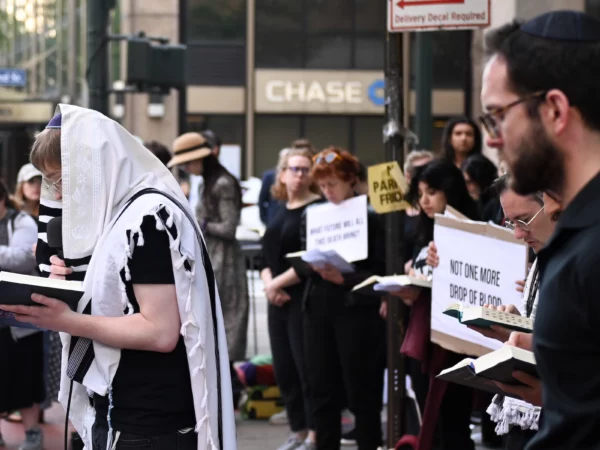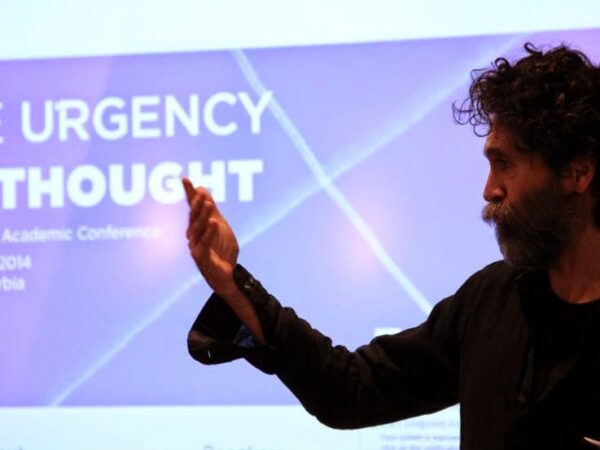
The grass seemed greener in Orthodoxy, I’ve realized, because my yearning for authenticity and escape reflected a structural lack embedded in late capitalist dystopia… Today, it seems to me more honest to learn to live with this lack, than to imagine that any faith, flag or folkway can fully fill it.

Early medieval people could and did differentiate ‘religion’ from ‘not religion’ when it suited them to do so. These secularizing strategies are no less historically significant for being situational and often fleeting.

While Carl Schmitt claims that the enemy constitutes “the political,” his various writings largely ignore the historical and discursive evolution of the enemy. Anidjar’s major contribution to modern political theology lies in responding to this lacuna.

Given the history of othering and control of women’s bodies, it may surprise you to learn that the mikveh has become a central site of Jewish feminist, and more recently, queer and trans activism. Across the United States, Canada, and Israel, participants in a grassroots Modern Mikveh Movement have been collectively reclaiming what many have considered to be among the most irredeemable misogynistic forms of bodily disciplining.







